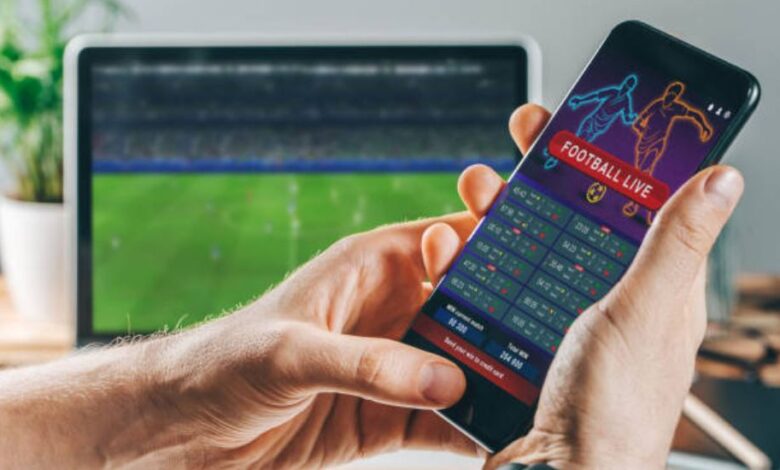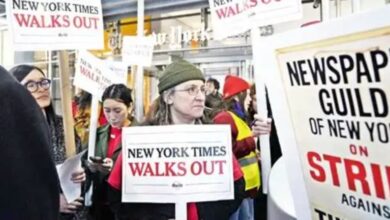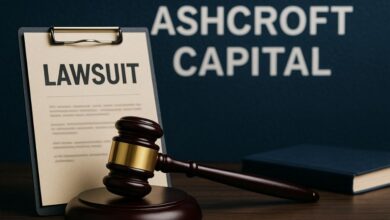Louisiana Historical Horse Racing Ruling: Legal Earthquake
Louisiana Historical Horse Racing Ruling: Legal Earthquake

In a dramatic turn for Louisiana’s gambling and racing sectors, the Louisiana Supreme Court issued a ruling that shook the foundations of historical horse racing (HHR) across the state. This case not only redefined what constitutes legal wagering but also raised significant questions about legislative overreach, constitutional interpretation, and economic survival for the horse racing industry. This article provides an in-depth look at the Louisiana Historical Horse Racing Ruling, exploring its legislative roots, judicial milestones, financial implications, and future outlook.
🐎 What is Historical Horse Racing (HHR)?
Historical Horse Racing (HHR) refers to electronic wagering terminals that allow users to bet on replays of previously run horse races. While marketed as pari-mutuel wagering, these machines visually and functionally resemble slot machines, sparking a constitutional debate in many states.
How It Works:
- Players bet on anonymized historical races.
- Outcomes depend on the bettor’s ability to select winners.
- Features mimic slot machines (reels, buttons, fast outcomes).
Legal Status in the U.S.:
- HHR is legal in states like Kentucky, Arkansas, and Wyoming.
- Louisiana’s entry into HHR was recent and is now under legal scrutiny.
⚖️ Timeline of the Louisiana Ruling
| Date | Event |
|---|---|
| June 2021 | Louisiana legislature passes Act 437, legalizing HHR at OTB facilities. |
| March 2024 | 19th Judicial District Court rules Act 437 unconstitutional. |
| March 2025 | Louisiana Supreme Court affirms lower court ruling in Fremin v. Boyd Racing. |
📘 Act 437: A Brief Overview
Passed in 2021, Act 437 authorized up to 50 historical horse racing machines at each off-track betting (OTB) facility in Louisiana. It treated HHR as an extension of pari-mutuel wagering, already legal in the state.
Why It Became Controversial:
- Critics argued HHR machines resembled slot machines, not traditional pari-mutuel betting.
- Louisiana’s Constitution requires a public vote in each parish for any new form of gaming.
🏛️ Judicial Challenges and Legal Arguments
Fremin v. Boyd Racing, LLC (2024-2025)
The lawsuit was filed by concerned citizens and advocacy groups, arguing Act 437 introduced a new form of gambling without local voter approval, violating Article XII, Section 6(C) of the Louisiana Constitution.
Louisiana Constitution Reference:
“No law authorizing a new form of gaming shall be enacted unless a referendum is held in each parish where such gaming is to be conducted.”
Court Findings:
✔ 19th Judicial District Court (2024):
- Act 437 violates the constitution.
- Declared unconstitutional.
✔ Louisiana Supreme Court (2025):
- Unanimously upheld the lower court’s decision.
- Ruled that HHR is a new form of gaming, not covered under previous pari-mutuel exceptions.
- Local referenda are mandatory.
📊 Legal Impact: Summary of Court Rulings
| Court | Decision | Impact |
|---|---|---|
| 19th Judicial District | Act 437 unconstitutional | Blocks HHR implementation statewide |
| Louisiana Supreme Court | Affirms lower court ruling | Solidifies ban unless local votes occur |
💼 Economic Fallout: How the Ruling Affects Racing Operators
Churchill Downs Incorporated (CDI)
- Owner of Fair Grounds Race Course and multiple OTBs.
- Warned that without HHR, 74% of net profit and 46% of total revenue in Louisiana operations would vanish.
- Threatened to exit Louisiana racing altogether.
Industry-Wide Impact
| Racetrack | Effect |
|---|---|
| Fair Grounds (New Orleans) | Most affected; CDI anchor location |
| Delta Downs | Risk of reduced purses and race dates |
| Louisiana Downs | Economic uncertainty for smaller operators |
| Evangeline Downs | Lower wagering revenue, decreased tourism impact |
🏇 The Horsemen’s Viewpoint
Local horsemen’s associations and breeders argued:
- HHR revenue helps fund racing purses, vital for the local economy.
- Loss of HHR means potential job cuts for trainers, jockeys, grooms, and racing support staff.
- Urged legislators to propose alternative funding sources, like video poker revenue.
🧠 Legal Analysis: Why HHR Was Ruled Unconstitutional
Key Arguments:
- Slot-like Interface: Machines look and function like slot machines, not traditional racing.
- Constitutional Provision: Anything not approved before October 15, 1996, requires parish approval.
- Legislative Overreach: Act 437 bypassed the public, violating democratic norms.
Louisiana Supreme Court’s Reasoning:
- HHR machines offer individual outcomes rather than pool-based pari-mutuel results.
- Despite using race data, the interface and result-generation mirror casino-style gambling.
- The Court emphasized strict constitutional adherence, disallowing legislative shortcuts.
🔮 Future Outlook: What’s Next for Louisiana Racing?
Option 1: Parish-Level Referendums
- Lawmakers may pursue referendums in each of Louisiana’s 64 parishes to legalize HHR.
- Requires significant campaigning, voter education, and political support.
Option 2: Gaming Expansion Alternatives
- Expand video poker machines at racetracks and earmark tax proceeds for purses.
- Possibly consider new legislation with narrower interpretations of HHR as pari-mutuel.
Option 3: Legislative Appeals or Federal Challenge
- Though unlikely, lobbyists may push for reinterpretation at the federal or appellate level.
- Legislative route more feasible than judicial reversal.
📉 Consequences for the Louisiana Economy
| Sector | Expected Impact |
|---|---|
| Horse Racing | Reduced purses, fewer racing days, job losses |
| Tourism | Lower attendance at OTBs and racetracks |
| State Revenue | Loss of HHR-related tax income |
| Small Businesses | Vendors, food services, and tourism support hit hard |
📚 National Relevance: Louisiana as a Legal Bellwether
Other states watched Louisiana’s decision closely. With HHR already contested in Texas, Wyoming, and Oregon, this ruling may inspire tighter state-level regulations or constitutional reviews of gaming operations elsewhere.
🧾 Summary: Louisiana Historical Horse Racing Ruling
- The Louisiana Supreme Court has definitively ruled that HHR is a new form of gambling.
- Act 437 is unconstitutional without parish-by-parish public approval.
- Horse racing operators face economic disruption.
- Future of HHR in Louisiana rests on local referendums or legislative amendments.
📋 Biography-Style Overview
| Aspect | Details |
|---|---|
| Legal Subject | Louisiana Historical Horse Racing Ruling |
| Legal Foundation | Article XII, § 6(C) of Louisiana Constitution |
| Primary Case | Fremin v. Boyd Racing, LLC (2024–2025) |
| Plaintiff Side | Citizen groups opposing Act 437 |
| Defendant Side | Boyd Gaming, Churchill Downs, Louisiana Legislature |
| Court Verdict (2025) | HHR unconstitutional without parish-level approval |
| Current Status | HHR machines banned statewide unless approved locally |
| Affected Industries | Horse racing, tourism, gambling, local employment |
| Long-Term Prospects | Referenda, legislative amendments, or expansion of video poker |
📌 Conclusion
The Louisiana Historical Horse Racing ruling is more than a court case—it’s a defining moment for how states balance economic development, public opinion, and constitutional law. As HHR machines go dark across the state, the legislature, racing industry, and voters must now decide what the future of gambling and horse racing looks like in Louisiana.
This decision underscores that constitutional safeguards around gambling remain strong in Louisiana and that economic expediency will not override public consent.



